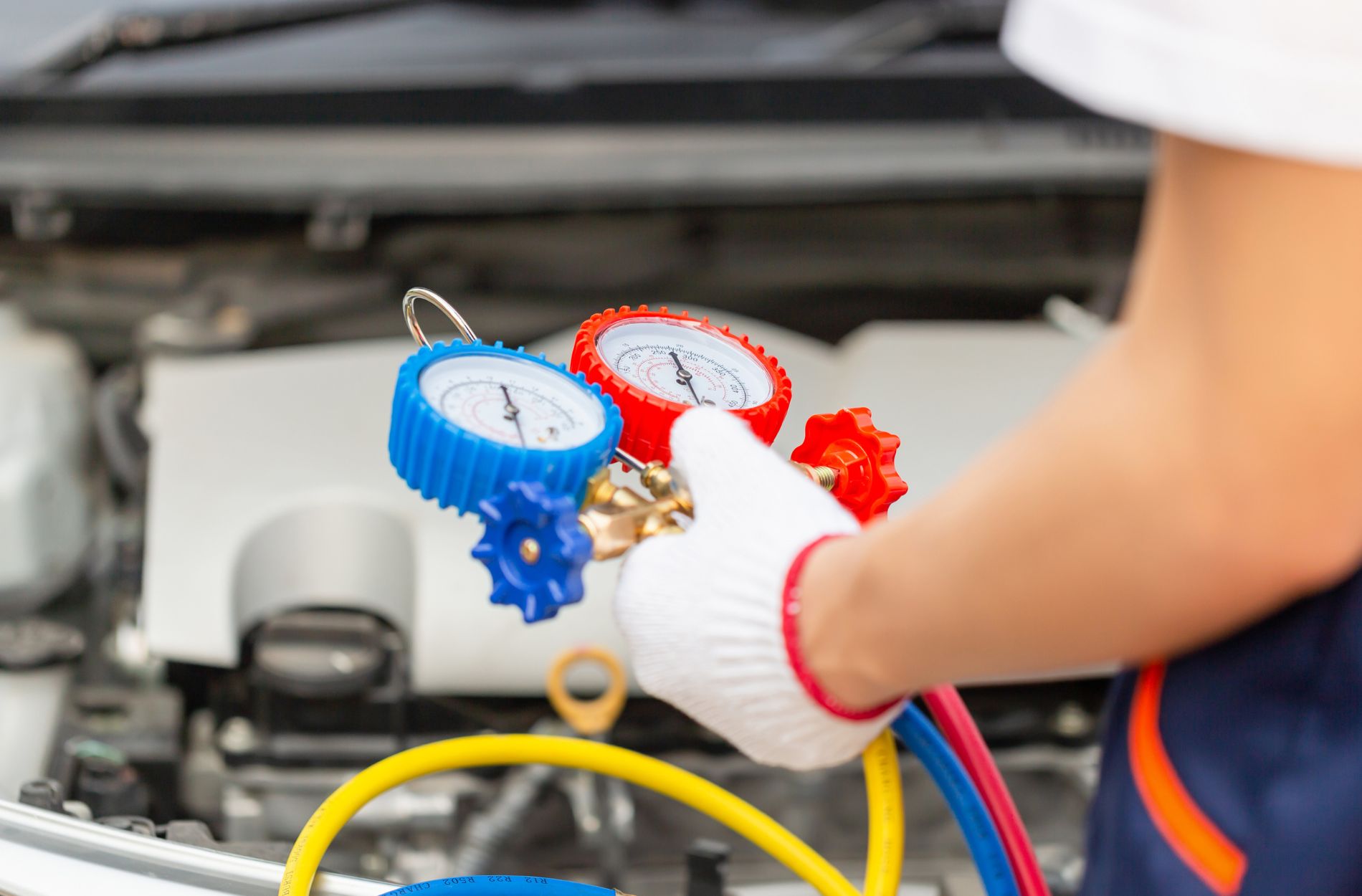Indoor air quality is crucial for a healthy living environment. Poor air quality can lead to a variety of health issues, including respiratory problems, allergies, and other chronic conditions. Many everyday activities, from cooking and cleaning to the use of household products, contribute to indoor air pollution. As such, finding effective solutions to improve air quality in residential spaces is essential.
Understanding Whole Home Air Filtration Systems
Whole home air filtration systems are designed to purify the air throughout your entire home. These systems are integrated into your existing HVAC system, allowing them to filter all the air that circulates within your home. They use advanced filters to capture pollutants such as dust, pollen, pet dander, mold spores, and smoke particles.
One of the major components of these systems is the HVAC filter. These filters come in various types, including HEPA (High-Efficiency Particulate Air) filters, which are capable of capturing very small particles. Another common type is the activated carbon filter, which can remove odors and volatile organic compounds (VOCs) from the air. Some filtration systems also include UV germicidal lights to kill bacteria and viruses, further improving air quality.
Our professionals can install these systems to ensure they work seamlessly with your current HVAC setup. The installation process typically involves fitting the filtration unit into the ductwork, where it can effectively filter all the air that passes through. This comprehensive approach ensures every room benefits from cleaner, healthier air.
Key Benefits of Whole Home Air Filtration for Residential Spaces
Whole home air filtration offers numerous benefits for residential spaces. One of the primary advantages is improved indoor air quality. By removing airborne pollutants, these systems can significantly reduce the presence of allergens and irritants in your home. This is especially beneficial for households with members who suffer from allergies, asthma, or other respiratory conditions.
Another important benefit is the reduction of household odors. Whether it’s cooking smells, pet odors, or smoke, a whole home air filtration system can effectively neutralize these, keeping your home smelling fresh. Additionally, by capturing particles like dust and pet hair, these systems can also help reduce the amount of cleaning required, saving you time and effort.
Moreover, whole home air filtration systems can extend the lifespan of your HVAC system. By preventing dust and debris from accumulating in your HVAC components, these filters help maintain the efficiency and functionality of the system. This can reduce the frequency of repairs and lower energy costs, making it a cost-effective solution in the long run.
In summary, whole home air filtration systems provide a comprehensive and efficient way to improve the air quality in your home, protecting both your health and your HVAC system.
Comparing Whole Home Air Filtration Systems with Portable Solutions
When considering air purification options, it’s essential to compare whole home air filtration systems with portable air purifiers. Whole home air filtration systems offer distinct advantages over portable units, particularly for larger residential spaces.
One significant difference is coverage. Whole home air filtration systems clean the air throughout your entire home by integrating with your HVAC system. This ensures consistent air quality in every room, unlike portable units that are limited to the area where they are placed. For comprehensive air purification, whole home systems are far more effective and convenient.
Another advantage of whole home systems is their ability to work automatically with your HVAC system. They do not require manual intervention to move from room to room or to turn on and off. This seamless operation guarantees that your indoor air remains clean without requiring constant adjustments. Additionally, whole home systems often include more advanced filtration technologies, such as HEPA filters and UV germicidal lights, which portable units may lack.
In terms of maintenance, while both types of systems require regular filter changes, whole home systems typically integrate maintenance schedules within the HVAC system’s routine service. This simplifies the upkeep process, ensuring that your air filtration remains effective without the need for separate maintenance efforts.
Tips for Maintaining Your Whole Home Air Filtration System
Maintaining your whole home air filtration system is crucial for ensuring its effectiveness and longevity. Here are some key tips for proper maintenance:
1. Regular Filter Changes: The primary component of any air filtration system is the filter. Over time, these filters can become clogged with pollutants and lose their effectiveness. Make sure to follow the manufacturer’s recommendations for filter replacement intervals. Typically, high-quality HVAC filters need replacing every three to six months.
2. Schedule Professional Inspections: Regular inspections by our professionals can help identify any potential issues before they become major problems. Our technicians can check for proper airflow, clean components, and ensure that your system is working at peak efficiency.
3. Clean Air Ducts: Keeping your home’s air ducts clean is essential. Dust, mold, and other contaminants can accumulate in the ducts, reducing the effectiveness of your air filtration system. Arrange for periodic duct cleaning to maintain optimal air quality.
4. Monitor System Performance: Pay attention to any changes in air quality or system performance. Unusual smells, noises, or decreased airflow can indicate issues that need addressing. Prompt attention to these signs can prevent more serious problems down the line.
5. Use a Whole Home Humidifier: Integrating a whole home humidifier with your air filtration system can further enhance indoor air quality. Balanced humidity levels reduce the likelihood of mold growth and help maintain the integrity of HVAC filters.
By following these maintenance tips, you can ensure that your whole home air filtration system operates efficiently, providing your household with clean and healthy air. Regular upkeep not only improves performance but also extends the life of your system.
Conclusion
Improving indoor air quality is vital for maintaining a healthy and comfortable home environment. Whole home air filtration systems offer a comprehensive solution that far surpasses the capabilities of portable air purifiers. From ensuring consistent air quality in every room to reducing allergens and household odors, these systems provide numerous benefits for residential spaces.
Regular maintenance, such as changing HVAC filters and scheduling professional inspections, is crucial for keeping the system effective. Additionally, integrating solutions like whole home humidifiers can further enhance air quality and system performance.
Our team at First Choice Heating & Air specializes in whole home air filtration in Sandy. Contact First Choice Heating & Air today to learn more about how we can help improve the air quality in your home.





